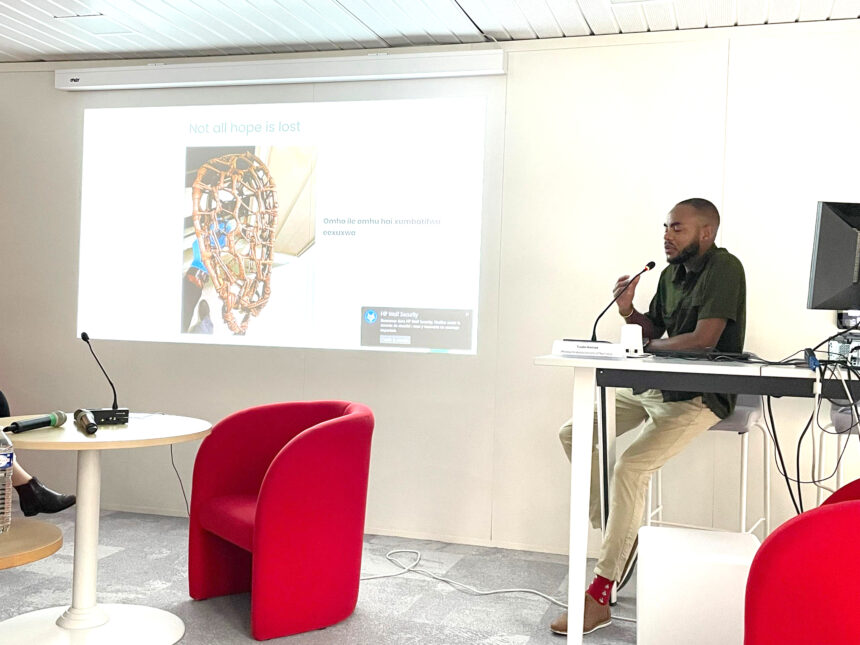The return of artefacts to their countries of origin is not just an act of repatriation, but an opportunity for healing and reconnecting with cultural roots, said Tuuda Haitula, the museum development officer at the Museums Association of Namibia.
He added that museums in Namibia and elsewhere should be prepared to safeguard these returned items, ensuring that they are contextualised within the rich histories from which they originated.
“This empowers communities to reclaim their heritage, reconnect with their past, and strengthen their identity for future generations. For Namibia, like many other African nations, the conversation around restitution remains a crucial issue,” he indicated.
Haitula was among a group of people who took part in a recent workshop in Paris, France, which was centred around the restitution of cultural artefacts and the critical role language plays in these discourses.
The gathering brought together scholars, curators, and cultural professionals from across the globe, highlighting the urgency of addressing colonial legacies in the museum sector.
The workshop was organised by Penser en langues – Thinking in Languages, in collaboration with TheMuseumsLab and other partners, serving as a platform to explore the finer details of restitution, not just as a legal or logistical exercise, but as a deeply cultural and linguistic journey.
This also emphasised the importance of museums in promoting historical accuracy and preserving tangible and intangible cultural heritage.
“As museums evolve, there is a growing recognition that their role extends far beyond just custodianship of artefacts. They are spaces where histories, especially those that have been silenced or distorted through colonial narratives, are re-examined and re-presented.”
The museum developer noted that the trip to France underscored the critical intersection of language, restitution and museum development.
“As Namibia continues its journey towards reclaiming its cultural heritage, the lessons learnt from such workshops are invaluable. They remind us that restitution is not just about returning artefacts, but about restoring dignity, reviving languages, and rewriting history,” Haitula stressed.
He believes Namibia, with its rich multilingual heritage, has much to offer the global restitution debate. “By ensuring that restitution goes hand-in-hand with language revitalisation, we can access deeper layers of meaning hidden in cultural artifacts.”
He said in moving forward, Namibian museums should not only be prepared to house and care for restituted artefacts but also engage with communities to ensure these artefacts are given the cultural and linguistic context they deserve. Only then can museums truly serve as spaces of empowerment, education, and reconciliation.
-psiririka@nepc.com.na


